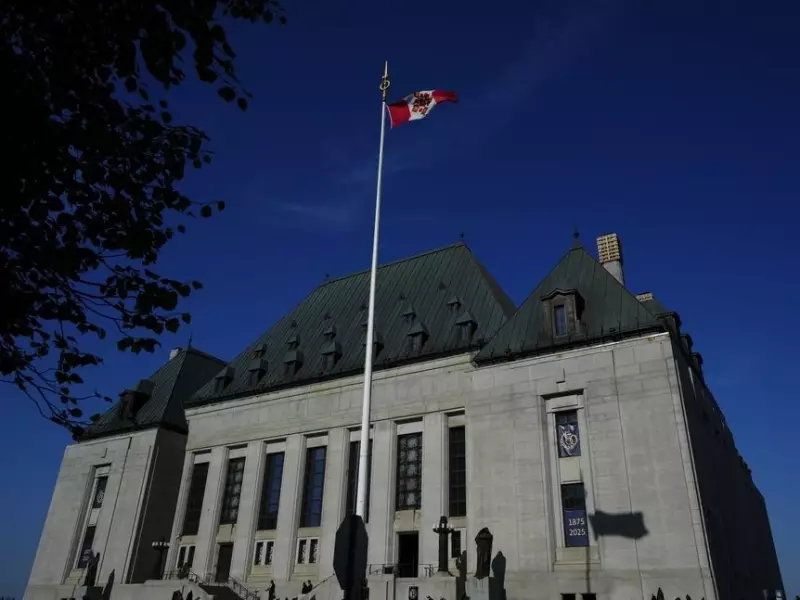
A seismic decision from Canada's Supreme Court has sent shockwaves through the nation's justice system, leaving legal experts, law enforcement, and concerned citizens grappling with the implications for child protection.
The court's ruling struck down mandatory minimum sentences for child pornography offenses, declaring them unconstitutional under the Charter of Rights and Freedoms. This landmark judgment means judges now have complete discretion when sentencing individuals convicted of possessing, accessing, or distributing child sexual abuse material.
Judicial Discretion Versus Child Protection
While the court emphasized the importance of judicial discretion in sentencing, critics argue this decision effectively weakens Canada's stance against some of the most vulnerable victims. The ruling suggests that mandatory minimums could result in "cruel and unusual punishment" for certain offenders, particularly those considered less morally culpable.
Legal analysts note this continues a trend of the Supreme Court striking down mandatory minimum sentences across various criminal offenses. However, the application of this principle to child pornography cases has generated particularly intense debate.
Public Outcry and Systemic Consequences
The decision has triggered widespread public outrage, with many questioning whether the justice system prioritizes offender rights over victim protection. Law enforcement agencies and child advocacy groups have expressed deep concern about the message this sends regarding the seriousness of child exploitation crimes.
Many Canadians are left wondering about the practical implications: will this lead to significantly reduced sentences for those convicted of trafficking in child sexual abuse material? Does this decision adequately reflect society's condemnation of crimes that perpetuate the victimization of children?
A System in Need of Balance
This ruling forces a difficult conversation about finding the appropriate balance between constitutional principles and societal protection. While the Charter guarantees fundamental rights and freedoms, many argue that certain crimes—particularly those involving children—demand unequivocally strong responses from the justice system.
As legal experts continue to analyze the decision's long-term impact, one thing remains clear: the debate about how Canada's justice system handles child exploitation cases has reached a new level of urgency and public scrutiny.





